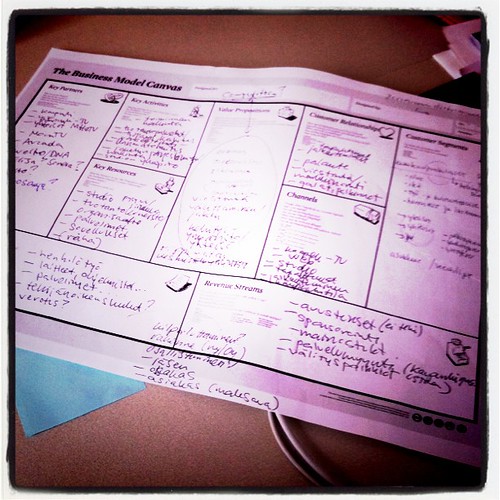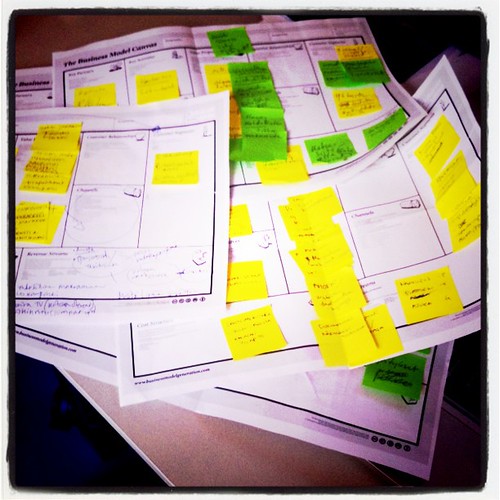
(This is an excerpt from an essay for the Community Media Expert Meeting's whitelabel)
Filtering is not a new phenomenon as news agencies have done this since the beginning of media. The difference is that now “we all can be small news agencies” and curate the most intersting content we find. Content is global and there is infinite amount of it, enabling easy cross-referencing and such.
This development requires media to look at their operations as global. National level is diminishing and readers are increasingly gaining influences from the global community through the networked societies. This will obviously be a long transition, but when national borders used to regulate the flow of cultural phenomenoms, today’s flow of information has no borders. Therefore cultures are most likely going to go global, and media will as well as an important mediator of it.
However, as the media will go global beyond national borders, it is fragmenting into niches. As the post modern society tends to categories everything in order to be functional, so will the cultural interests be categoriest. For example teenagers will listen a certain kind of music of their niche, not just from the national level, but from the certain niche on the global level. The media that will be able to focus on these niches will gain most viewerships from the fans. More than from the general focused media, because of the stronger community ties, feeling of belonging and enjoyment through sharing of similar ideas.
Beside cultural, this feeling of belonging on communities can be seen in the idea of hyperlocal. Media that focuses on cities, on the neighbourhoods or on the certain streets, will most likely gain interest of the locals regardles of their cultural interest. Locals are a part a community that is not bound by culture, but by physical location. News of what happens on your street is always interesting.
So, media organisations will face options to choose global niches, where viewers are bound by cultural interests, or hyperlocal communities, where viewers are bound by interest of their physical location. Communities, cultural or physical, are the most important aspect as no viewer will be interested of information on which they cannot relate to.


